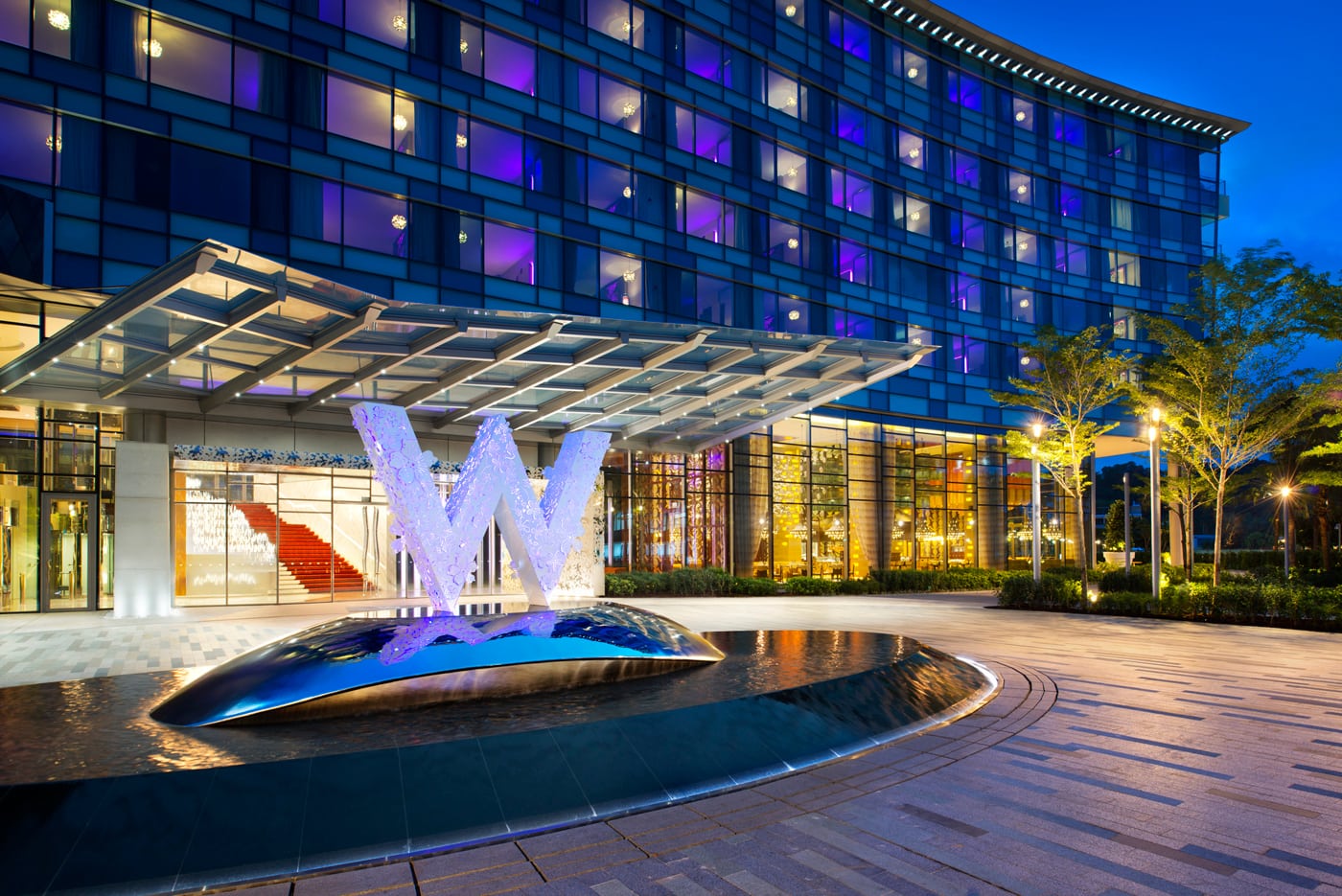The Inside Story of Anbang's Long Pursuit to Acquire Starwood

Skift Take
If you thought the drama playing out between Starwood, Marriott, and Anbang was already complicated enough, wait until you read this.
If you tried to describe what's happened in the past few weeks with Starwood Hotels & Resorts, Marriott International, and Anbang Insurance Group, it might sound like something straight out of a soap opera: Starwood and Marriott seemingly broke off their months-long engagement when another suitor, Anbang, swooped in, just weeks before the wedding.
For now, Starwood has since decided to go back to its old beau, Marriott, but who knows how long the engagement will last, or if the wedding will still take place.
>>UPDATE: Starwood Hotels Bidder Walks Away, Leaves Door Open for Marriott
A new Starwood-Marriott filing with the U.S. Securities and Exchange Commission on March 25, combined with an earlier filing from Dec. 22, elucidates that narrative even further. In it, a much clearer picture of Anbang Insurance Group's desire for the Stamford, Connecticut-based hotel company appears, as do the strategic moves it was willing to make in order to woo Starwood, even at the very last minute.
Here's an overview of the path that led us to where we are now:
Starwood put itself up for sale officially on April 29, 2015, and about a week after that, Anbang made its intentions clear to Starwood. On May 6, Anbang's CEO Wu Xiaohui called a representative of Starwood's financial advisor, Lazard, expressing his company's interest in a possible acquisition.
About four months later, on Aug. 29, Wu met with Starwood's then-interim CEO Adam Aron and with current CEO Thomas B. Mangas, making a preliminary non-binding offer to buy Starwood for a 20-percent all-cash premium on its current trading price, which was $73.29 at closing on Aug. 28. At that trading price, Starwood would have been worth about nearly $12.2 billion (this is what Marriott eventually won Starwood over with in November 2015). With the 20-percent premium offered by Anbang, each share would be valued at about $88 per share, for a total of about $14.65 billion. It wasn't clear then if Anbang's offer included Starwood's timeshare business, and Starwood asked for more details on Anbang's financing plans before it could go any further in considering the offer. Both Starwood and Anbang entered into a confidentiality agreement on Sept. 2.
On Sept. 24, Wu met again with Duncan, Aron, and Mangas with yet another verbal non-binding offer of $86 per share, but again didn't include financing details or whether this bid included the timeshare spin-off. Starwood asked Anbang for a formal offer le
